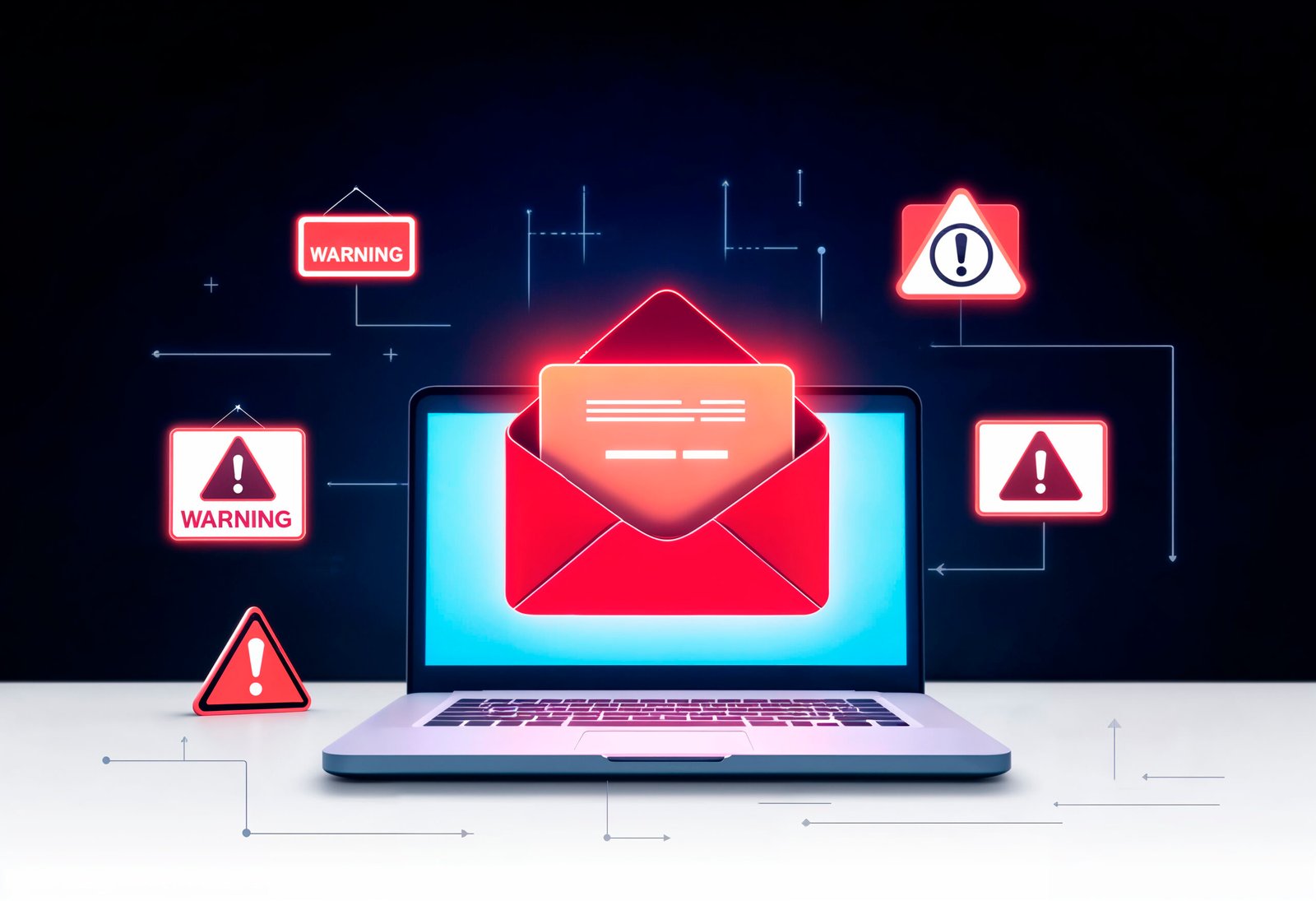In one of the largest cybersecurity breaches ever recorded, over 16 billion usernames and passwords have been leaked online, compromising accounts linked to major platforms including Google, Facebook, and Apple. The leaked credentials were discovered across multiple dark web forums and data leak sites, raising serious concerns about the scale and impact of the breach.
What Happened?
According to cybersecurity researchers monitoring the dark web, the leaked database contains an unprecedented 16 billion records — including email addresses, usernames, passwords, and in some cases, sensitive personal data. While the origins of the breach are still being investigated, early reports suggest that the database is a collection of multiple breaches that may have been compiled and released by hacker groups or data brokers.
Who Is Affected?
The breach appears to span several years of compromised data from different sources, with many of the credentials linked to popular services such as:
- Google (Gmail and Workspace)
- Apple ID
- Microsoft
- Instagram, Twitter/X, and LinkedIn
Experts warn that even if your account credentials weren’t recently exposed, reuse of old passwords across services could make your data vulnerable. Cybercriminals often use credential stuffing — where previously leaked data is used to gain unauthorized access to other platforms — to exploit such large leaks.
Key Threats Arising from the Breach
- Identity theft and financial fraud
- Unauthorized access to cloud accounts and sensitive business data
- Phishing and spear-phishing attacks using verified personal information
- Account takeovers (ATO) leading to misuse of email, social media, and banking apps
Google, Facebook, and Apple Respond
While none of the companies have confirmed direct breaches of their internal systems, all three tech giants have issued statements advising users to:
- Immediately change passwords
- Enable two-factor authentication (2FA)
- Check account activity for unauthorized logins
- Avoid using the same password across multiple accounts
Google has emphasized the use of Passkeys and Security Checkup tools, Facebook is urging users to enable login alerts and recovery methods, and Apple is reinforcing the importance of iCloud Keychain and Face/Touch ID security.
How to Protect Yourself
- Change passwords immediately, especially if reused across platforms
- Use a reputable password manager to generate and store strong, unique passwords
- Enable 2FA or MFA wherever possible
- Stay alert to phishing emails or messages pretending to be from trusted services
- Monitor your accounts using services like HaveIBeenPwned or browser alerts
A Wake-Up Call for Enterprises and Governments
This breach highlights the urgent need for organizations to revisit their data protection strategies, adopt zero trust security frameworks, and invest in real-time threat detection powered by AI. With rising ransomware, phishing, and social engineering attacks, this incident serves as a critical reminder that reactive cybersecurity is no longer enough.





